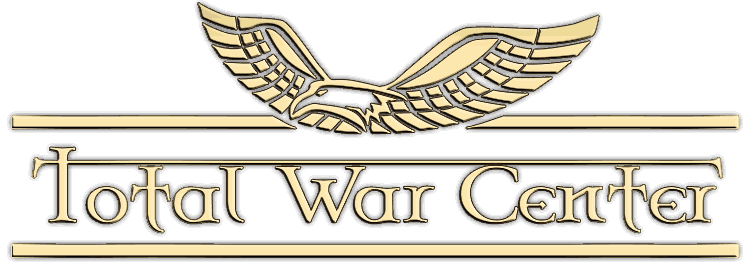I'm considering tatooing the following, which contains both Ancient Greek and Latin.
I know the meaning of both words\phrases but I'm just double checking with experts incase I make myself an idiot
First of, did I write atheos correctly? assuming I address a person like when I call someone by his name, would it be written like that? or does atheos literally means atheism?
Secondly, I've seen "Defeated" as both Victis and Victus- which one is correct? I already know victae means a female defeated.
Was Comma used in those times? or did they had something else?
The point is to make it as a reminder and a warning, since I honestly believe religion is the worst plague to ever occur to mankind and once humanity abandons reason for talking snakes and people living inside whales, a Medieval-era-like in a nuclear age- that would be the end of us.
the script, in English, should be similar to "Atheist\s, woe to the defeated" as in beware of losing.
Stick to my questions please, I don't want this to turn into a fight around my personal viewings nor your opinions over tatoos.
Thank you.




 Reply With Quote
Reply With Quote























